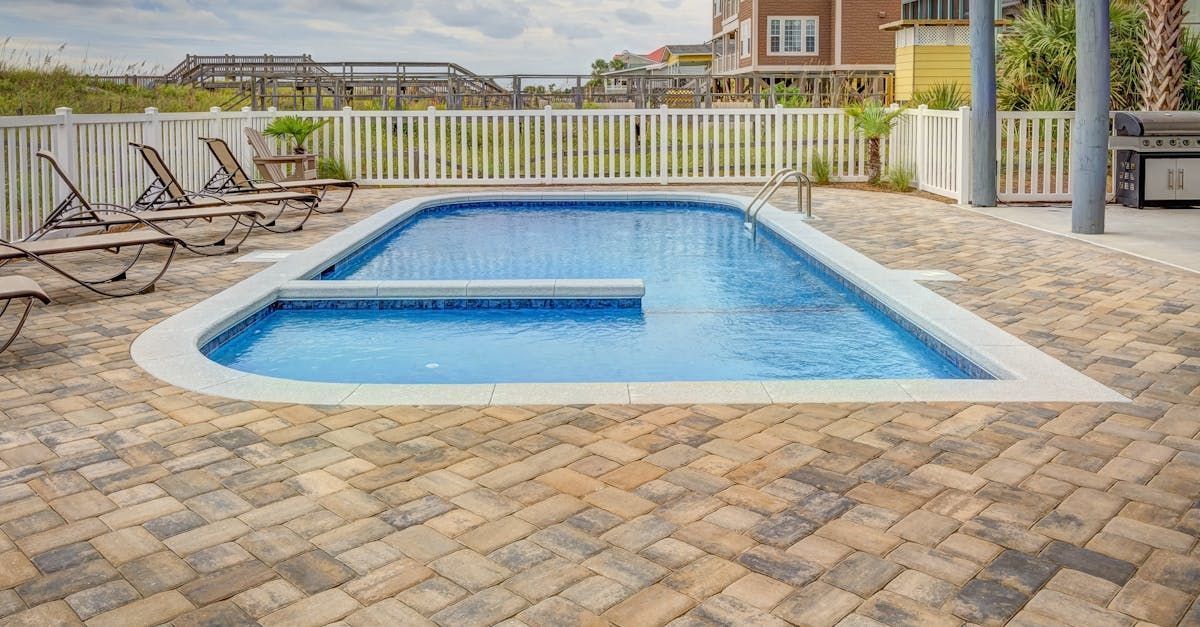Home Security Systems
The Ultimate Guide to Home Security Systems: Keep Your Home Safe and Secure
In today’s world, ensuring the safety and security of your home is more important than ever. Home security systems offer peace of mind by protecting your property, belongings, and loved ones from potential threats. In this comprehensive guide, we will explore everything you need to know about home security systems, from the best options available to installation tips and common features. This guide is optimized to help you find the right home security system and make an informed decision.
Why Invest in a Home Security System?
Benefits of Home Security Systems
- Deterrent to Burglars: Visible security systems, such as cameras and alarm systems, can deter burglars from targeting your home.
- Remote Monitoring: Many modern security systems offer remote monitoring via smartphone apps, allowing you to keep an eye on your home from anywhere.
- Protection for Loved Ones: Ensure the safety of your family by detecting potential threats such as break-ins, fires, and carbon monoxide leaks.
- Insurance Discounts: Some insurance companies offer discounts on homeowner’s insurance premiums for homes equipped with security systems.
- Peace of Mind: Knowing your home is protected provides peace of mind, whether you’re at home or away.
Types of Home Security Systems
1. Wired Security Systems
Wired security systems are connected through physical wires running through your home. They are known for their reliability and consistent performance.
- Pros: Reliable, no need for battery changes, typically lower risk of signal interference.
- Cons: Installation can be more complex and expensive, limited flexibility for relocation.
2. Wireless Security Systems
Wireless systems use Wi-Fi or other wireless technologies to connect components. They are easy to install and offer greater flexibility.
- Pros: Easy installation, flexible placement, can be integrated with smart home devices.
- Cons: May experience signal interference, relies on battery power or Wi-Fi signal.
3. DIY Security Systems
DIY systems are designed for easy installation by homeowners. They typically come with pre-configured components that you can set up yourself.
- Pros: Cost-effective, easy to install, customizable.
- Cons: Limited professional support, may lack advanced features.
4. Professionally Monitored Systems
These systems include professional monitoring services that alert emergency responders when an alarm is triggered.
- Pros: Professional monitoring, quick emergency response, comprehensive support.
- Cons: Monthly fees, potential contracts.
Top Home Security Systems of 2024
1. ADT Home Security
ADT is one of the most well-known names in home security, offering robust systems with professional monitoring.
- Features: 24/7 professional monitoring, smart home integration, mobile app control.
- Pros: Reliable service, professional installation, extensive experience.
- Cons: Higher cost, contracts required.
2. SimpliSafe
SimpliSafe offers flexible, DIY installation with no long-term contracts, making it a popular choice for many homeowners.
- Features: DIY installation, no contracts, mobile app, optional professional monitoring.
- Pros: Affordable, flexible, easy to install.
- Cons: Some advanced features require additional cost.
3. Ring Alarm
Ring Alarm provides a comprehensive security solution with integration to other Ring products like doorbell cameras.
- Features: DIY installation, mobile app control, integration with Ring cameras and Alexa.
- Pros: Affordable, easy to install, good integration.
- Cons: Limited professional monitoring options.
4. Frontpoint
Frontpoint is known for its high-quality equipment and excellent customer service.
- Features: DIY installation, mobile app, professional monitoring, smart home integration.
- Pros: Excellent customer service, high-quality equipment.
- Cons: Higher monthly fees.
5. Vivint
Vivint offers advanced home automation features along with comprehensive security solutions.
- Features: Professional installation, smart home integration, mobile app, 24/7 monitoring.
- Pros: Advanced technology, home automation features.
- Cons: Expensive, long-term contracts required.
Key Features to Look for in a Home Security System
1. Motion Sensors
Detect movement in and around your home, triggering alarms and notifications.
2. Security Cameras
Provide visual monitoring of your property, with options for live streaming and recording.
3. Door and Window Sensors
Alert you when doors or windows are opened unexpectedly.
4. Smart Home Integration
Integrate with other smart home devices such as lights, locks, and thermostats for enhanced control.
5. Mobile App Control
Manage and monitor your security system remotely using a smartphone app.
6. Environmental Sensors
Detect smoke, fire, carbon monoxide, and water leaks to prevent damage and ensure safety.
How to Choose the Right Home Security System
Assess Your Needs
Determine what you need from a security system based on the size of your home, your budget, and specific security concerns.
Compare Features
Look for systems that offer the features most important to you, such as smart home integration, professional monitoring, and ease of installation.
Read Reviews
Check customer reviews and expert ratings to gauge the reliability and performance of different security systems.
Consider Costs
Evaluate the initial cost of the system, installation fees, and any ongoing monitoring costs. Look for any available discounts or promotions.
Test Customer Support
Ensure the company provides excellent customer support, especially if you are opting for a DIY system.
Installation Tips for Home Security Systems
1. Plan Your Layout
Determine the best locations for cameras, sensors, and control panels to cover all entry points and vulnerable areas.
2. Follow Instructions
Carefully follow the manufacturer’s installation instructions for each component.
3. Test the System
After installation, thoroughly test the system to ensure all components are working correctly and communicating with each other.
4. Secure Your Network
If using a wireless system, ensure your home Wi-Fi network is secure to prevent unauthorized access.
Investing in a home security system is a crucial step in protecting your home and loved ones. By understanding the different types of systems, key features, and top options available, you can make an informed decision that best suits your needs. Whether you choose a DIY system or opt for professional monitoring, the peace of mind that comes with knowing your home is secure is invaluable.










